The prosecution system in the Russian Federation is not part of any well-known branch of government. It is isolated from the executive, legislative, and even judicial spheres. It is because of the independent position of the federal system that the need arises to study the basic responsibilities of its representatives. In our material, we will study in detail the Federal Law "On the Prosecutor's Office", and also try to figure out what constitutes the requirement of the representative of this body.
What is the requirement of the prosecutor?
According to the Law, the prosecutor today has a number of effective means by which he is able to detect violations of the law and individual rights by the authorities of the preliminary investigation. However, the employee of this structure has not been endowed with certain powers to date. Thus, the General Authority of the prosecution system in the Russian Federation has several times made a demand that the rights should be returned to members, allowing them to implement effective supervision of the investigation. Moreover, such a control would have been of a procedural nature.
The analysis of the theoretical component of the indicated problem is reflected in many scientific studies. However, one should still rely on the Federal Law "On the Prosecutor's Office". It contains all the basic rules and requirements for the relevant specialists.
According to rule 37 of the Code of Criminal Procedure, the requirement of the prosecutor is the main way to eliminate violations of the law. Similar failures were made by the investigating authorities during the ongoing criminal proceedings. Members of the prosecutor's office state: due to a hasty, inconsistent and ill-considered reform of the aforementioned body, the requirement of the prosecutor to eliminate violations of the law, along with a special resolution issued by him, is considered optional for the investigator. He has every right to reject them, without accepting the essence of the proposed objections.
However, a similar thesis is refuted by the statistics of the Prosecutor General. So, in 2008 alone, about 89% of the requirements for eliminating violations were satisfied. In this regard, it can hardly be argued that the investigating authorities ignore all the demands of prosecutors. On the contrary, they try to do everything according to the law. Next, we will analyze the procedure for sending a request in more detail.
Addressee requirements
The law does not say anywhere to whom the notification of the prosecutor should be addressed. Because of this, part of the staff believes that the investigator himself needs to send the paper, and the other part believes that the addressee is exclusively the head of this body. This leads to a misunderstanding regarding the role of the head of the investigative structure in assessing and deciding on a request that came from a prosecutor.
On the one hand, a preliminary investigation is not carried out by the unit as a whole, or even by its head, but only by an individual employee. He is, in fact, the subject for consideration of all those violations on the elimination of which the prosecutor insists. On the other hand, the chairman of the investigating authority is also responsible for the completeness and legality of the preliminary investigation.
Moreover, it is organizationally and procedurally independent of the impact of interagency structures. The investigator, moreover, is able to more objectively assess the essence of the requirements of the prosecutor.If necessary, the latter correctly orientates the employee of this body, supports him, or, on the contrary, blocks the appeal by the investigator.
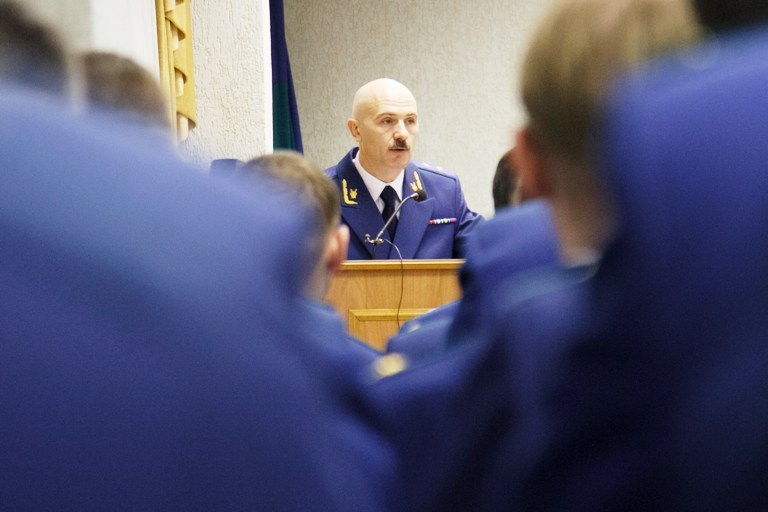
It should also be taken into account separately that, according to the rules of the managerial vertical in the prosecution system, investigators must coordinate their own acts with heads of departments at the appropriate level. A similar condition cannot be ignored in relation to the relations under study.
One way or another, but the recipients in practice are always different. Consideration of the requirements of the prosecutor is once implemented by the head of the investigating authority, and once by the investigator himself. This SK, however, does not particularly affect the work itself.
The deadlines for considering the requirements of the prosecutor are not specified in the Federal Law. Analysis, appeal and execution of the presented items is possible within the time frame established by local regulatory acts.
Hierarchy Compliance
There is one more rather important and difficult moment, which is connected with the organization of interaction of the prosecutor, the head of the Investigative Committee and the subject of the investigation. We are talking about the territorial limits of the supervisory powers of the prosecutor. To better understand the essence of the problem, you can reveal a few simple examples. Here is a case from practice: a criminal case was initiated by the Investigative Committee at the Department of Internal Affairs of some area. A little later, it was suspended, which was ordered by the senior investigator. Upon consideration of the case material deputy. the district prosecutor demanded to cancel the decision. Moreover, the arguments contained in the mandatory requirement of the prosecutor can be considered quite legal and justified.
A simple question arises: does the deputy have the right. the prosecutor to formulate a similar appeal to the investigating authority if it is supervised by a higher authority, that is, another prosecutor’s office? It seems that the rule of subordination in the interaction of law enforcement structures is being violated. Moreover, there are doubts about the legality of the prosecutor's request.
The list of examples like the one presented can be continued indefinitely. However, the essence of the problem is still obvious. Are the requirements of district prosecutors legitimate and binding? After all, it should be assumed that there are simply no legal grounds for such statements. The subjects of this structure clearly go beyond their authority, and therefore the mandatory fulfillment of the requirements of the prosecutor is already being called into question. What is sad, to come to a common denominator in solving this problem does not always work.
Relationships in such a hierarchical system are not regulated by law. However, in practice, all the requirements of the prosecutors were met. From this we can draw a simple conclusion that the anxiety about hierarchy is already considered unreasonable, and everything needs to be checked in an empirical order. However, under the Law, any legal requirements of a prosecutor are binding.
Prosecutor's Office of the Russian Federation
We will try to find out what functions the monitoring body is endowed with. Having briefly dealt with the concept of the requirement of the prosecutor to eliminate violations by one or another body, one should give a general description of this entire system. According to the Law, this is a single federal structure of bodies, the purpose of which is to implement on behalf of the Russian Federation supervision of compliance with the Russian Constitution and the implementation of laws that operate in the country. Other functions, which are also fixed in the legislation, are also performed by the prosecution authorities.
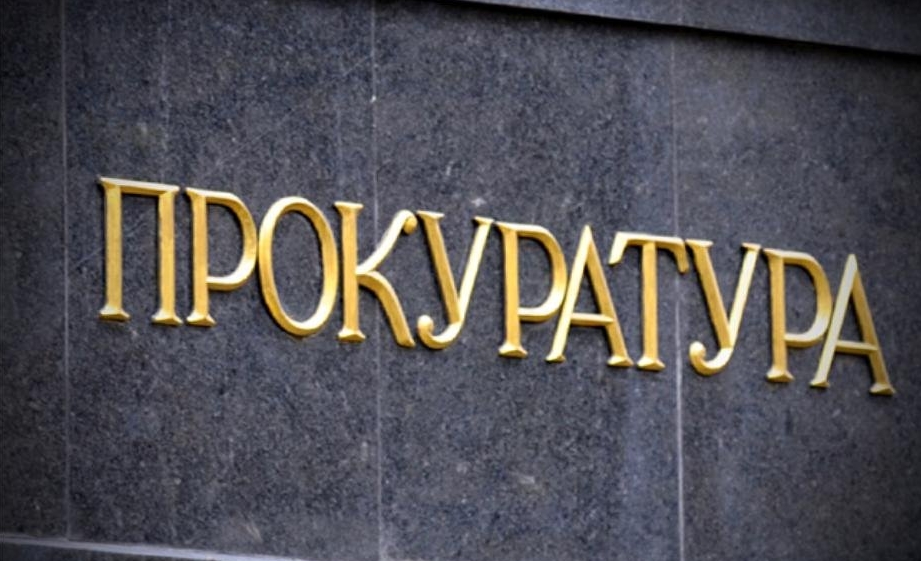
The organization, procedure and powers of the body are determined by the same law of a federal nature. The system itself refers to paramilitary state organizations, respectively, has the right to purchase military hand small arms or other weapons. Also, the Russian prosecutor's office provides for various types of services. This is law enforcement, civil and military.
The system itself does not belong to any branch of government, which makes it completely independent of the representative, judicial and executive branches. It is in this regard that it is possible to conduct an audit at the request of the prosecutor. As a representative of a completely independent structure, subject only to the Law, this specialist is capable of supervising other areas, as well as state, regional and municipal companies.
Activities of the prosecutor
Revealing the main features of the mandatory fulfillment of the requirements of the prosecutor, one cannot but characterize the main areas of work of the bodies of this structure. A number of areas should be highlighted here.
The first is the enforcement of legislation by federal executive bodies. This includes government committees, ministries, services and other authorities. In addition to the executive, there are also legislative bodies, as well as various regional authorities. The areas of military administration, local leadership, as well as many other instances, may be under the general supervision of the prosecution authorities. Failure to comply with the requirements of the prosecutor, which are part of the supervisory review process, may entail certain sanctions.
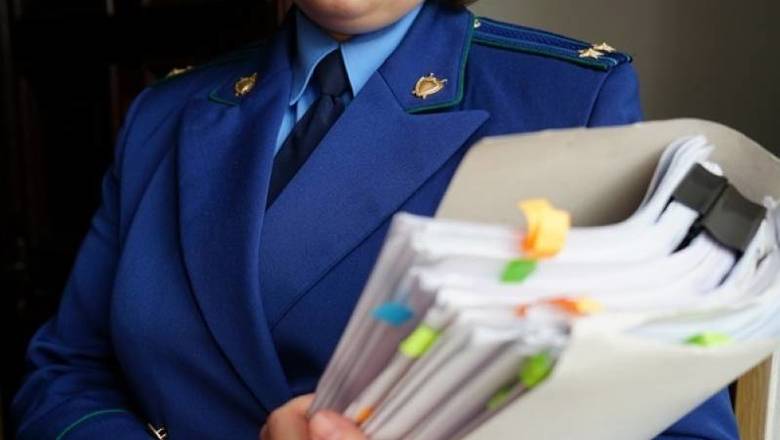
The second important point is the implementation of the law by representatives of the bailiff service. If this thesis is slightly disclosed, then the implementation of the operational-search activity, inquiry, preliminary investigation, and much more should be indicated here. Finally, prosecutors monitor the implementation of laws by various administrations of institutions and bodies that execute sentences and apply enforcement measures appointed by the court.
Among the additional areas of activity of the independent oversight system, it is worth highlighting the issuance of special publications, the implementation of international cooperation, the coordination of law enforcement and some other branches. Also, prosecutors are authorized to take part in the consideration of cases by judicial organizations. They provide allegations and facts against court decisions that are against the law. This is something like a prosecutor’s request, the form of which is slightly changed. Among other things, they take part in law-making activities, sit in government bodies and local governments, consider complaints and other applications.
Prosecutor supervision
A little more should be revealed the topic of supervision, which is implemented by representatives of the prosecution system. So they call a special, specific type of activity of a state nature. According to the Federal Law "On the Prosecutor's Office", there are four main areas of supervision. Here is what should be indicated here:
- Supervision of the implementation of legislation by departments and ministries, self-government bodies, military departments, control authorities, etc.
- Monitoring the observance of freedoms and rights by a citizen, representatives of the authorities and municipalities, as well as by the heads of non-profit and commercial organizations.
- Monitoring the implementation of laws by those authorities that implement activities of an operational-search nature, preliminary investigation and inquiry.
- Supervision of the implementation of legislation by administrations of institutions and cities that carry out sanctions and apply enforcement measures prescribed by the court.
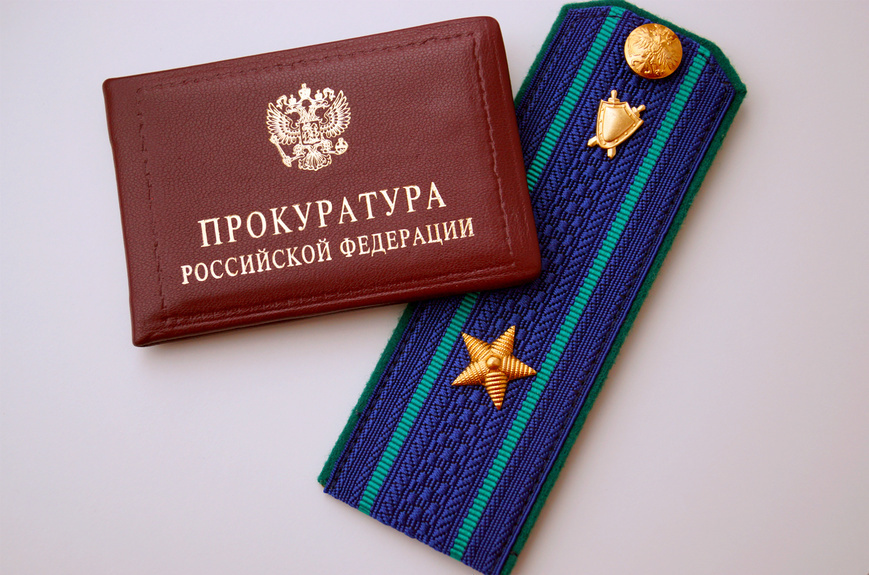
The above supervisory powers are not limited. The prosecutor also takes part in the consideration of cases by the courts in situations that are provided for by the current procedural rules of law. In case of violations of the law, he takes the accompanying legal response.
This, as already mentioned, is the requirement of the prosecutor (Code of Criminal Procedure), a warning, a protest, a presentation and so on. Moreover, a member of the supervisory system has the opportunity to file a lawsuit with the court.At the same time, the citizens themselves or the organization can send a complaint to the request of the prosecutor if they consider it not in accordance with the law.
How to become a prosecutor?
Separately, the question of what exactly needs to be done to get the long-awaited prosecutorial form and work permit should be raised. The first step towards a profession is, of course, the choice of a higher educational institution. The profile, of course, should be legal. To obtain the appropriate education and diploma, you will have to study at a university for at least five years.
Training for a lawyer will serve as a pass not only to the prosecution system, but also to the profession of military prosecutor. However, to obtain additional guarantees, the university should still be graduated with the same focus. This, for example, the Military University of the Ministry of Defense of the Russian Federation.
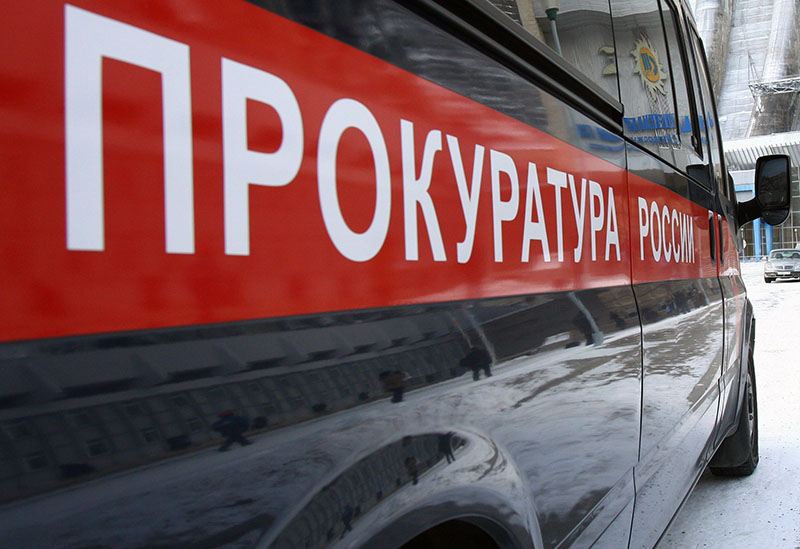
So, what is required to become a prosecutor in Russia? Of course, this is knowledge. The future prosecutor must be well versed in criminal, civil, administrative, financial, constitutional and any other law. We will also have to regularly replenish and update our knowledge reserves, since the norms of the law in the state system of Russia are constantly being improved, supplemented, changed, etc.
But knowledge alone, oddly enough, will not be enough. It will be necessary to undergo rather difficult training and to form certain qualities in oneself, without which it will not work to work as a prosecutor. So, a representative of the whole system will simply lose all his interest in working in a matter of days. And this, of course, will soon lead to professional unsuitability. So, what exactly qualities should each prosecutor have?
This is analytical thinking, calm, ability to self-discipline, self-confidence and self-confidence. Also punctuality and diligence, responsibility, a very good memory and more. One should at least remember the requirement of the prosecutor, the consideration of which was already higher. To form one such document, you will have to connect all of these skills. And then, this is only a minimal part of them.
A prosecutor in Russia is not so much a profession as a position. For a novice lawyer, taking a place in this system will be a long process. However, it is best to start work in this area from the position of assistant prosecutor. This is where you can gain valuable experience and much-needed skills.
There are two areas of work of prosecution authorities. This is part of the judicial system and a supervisory and investigative body. In the first case, the lawyer is given the opportunity to defend the rights of the accused. The prosecutor brings charges. In the case of activities of a supervisory-investigative nature, work is carried out on those complaints and appeals that ordinary citizens send to the prosecutor's office.
Duties of the prosecutor
Consider the main responsibilities of the prosecutor. According to the Law, he must take part in the trial of criminal cases of public-private and public prosecution. Also, the prosecutor must obey the legal orders of the presiding person at the hearing. He refuses the charge, but at the same time sets out his motives to the court. He also refutes the arguments presented by the defense.
The prosecutor supports the civil suit brought by the victims if the protection of freedoms and human rights, as well as state or public interests, requires it. A member of the supervisory authority also performs other duties that are stipulated by the norms of domestic legislation.
The prosecutor evaluates the evidence based on an internal, subjective belief. It is based on the totality of the available arguments. Guided by this follows conscience and law.Also in the list of duties there is the possibility of suspension from participation in criminal proceedings, if there is a sufficient number of grounds for challenge. Finally, the issuance of legal, justified and motivated decisions is also a rather important obligation of any prosecutor.
If a member of the executive body speaks on behalf of a person whose rights have been limited, violated or infringed, then there must be really good reason for this. The arguments enshrined in the Law include the state of health, disability and the advanced age of the injured person.
The duties of the assistant prosecutor include: preparing statements of claim for subsequent submission to the court, checking cases of corruption, providing assistance to citizens who have filed a complaint, as well as creating a package of documents for sending it to the arbitration court. It turns out that this type of activity is mainly of a bureaucratic nature.
Any actions of the prosecutor may appeal to other entities. Example: unlawful request of a prosecutor. If the representative of the Investigative Committee is sure that the notification sent by the supervisor does not correspond to the real state of affairs, then it is quite possible to challenge this kind of document.
Attorney Rights
Separately, it is necessary to talk about the rights and powers of prosecutors. This includes: the collection and formation of a package of evidence, the implementation of criminal prosecution, a statement of challenges and so on.
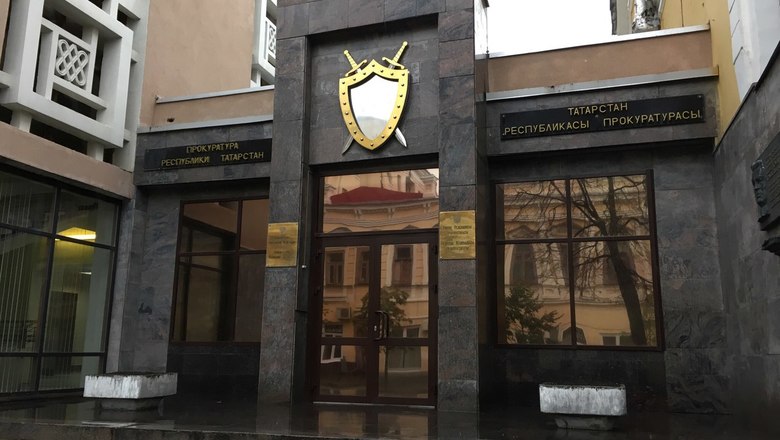
Other rights include obtaining a photocopy of the judge’s order. It can be formed in different ways. It is aimed at a criminal case on jurisdiction, the appointment of a preliminary hearing, the formation of a court hearing, the termination of the process at the preparation stage, etc.
Familiarization with the case is also a fairly important right. The prosecutor takes part in the proceedings of a judicial nature, supports the prosecution before the court, and changes it in the direction of mitigation. Also: sends petitions, presents evidence, participates in the debate of the parties, expresses proposals to the court on the implementation of the criminal law, gets acquainted with the minutes of the court session, etc.
Military Prosecutor
The military structural unit of the prosecutor's office of the Russian Federation oversees the implementation of legislation in the Armed Forces of the Russian Federation. This system is divided into districts: fleets, military branches and garrison states.
In the military system, the direction of their conditions is also possible. Moreover, the response to the request of the prosecutor can be obtained from a variety of instances. But most often this, of course, is military intelligence and various units of the Armed Forces of the Russian Federation.
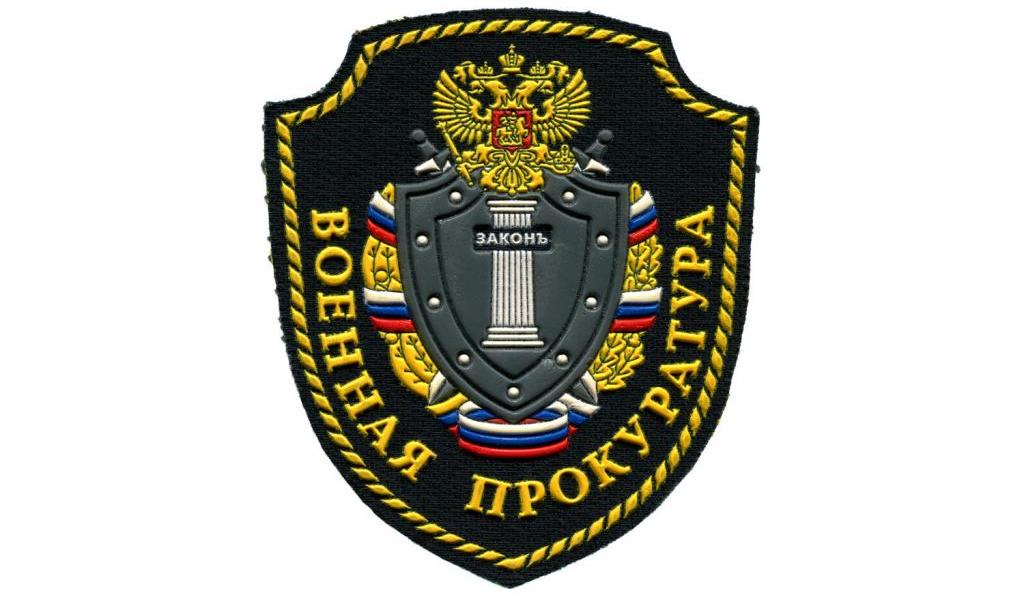
According to norm 46.1 of the Federal Law "On the Prosecutor's Office", the first deputy, senior assistants and special assignees are subordinate to the chief military prosecutor. By the way, their status corresponds to persons authorized to fulfill the duties of heads of departments. Departments and institutions themselves hold the posts of senior prosecutors of their assistants.
A board is formed in the Main Military Prosecutor's Office consisting of a chairman (Chief Prosecutor), his first deputy and a number of other employees. The individual composition of the board is approved only by the Chief Prosecutor on the proposal of the Chief Military Prosecutor.
